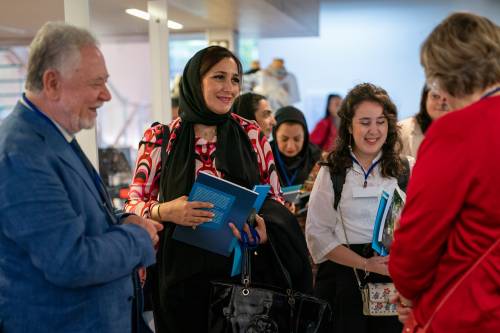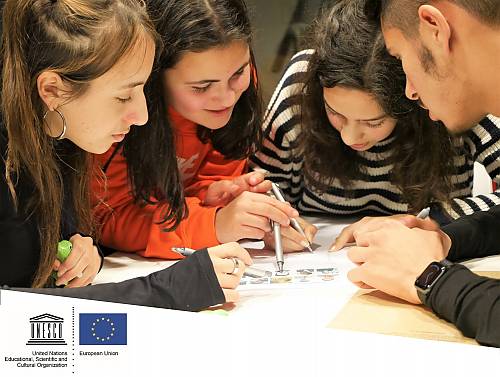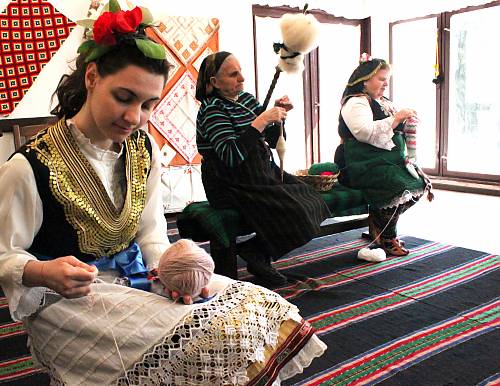What are the needs and priorities in enhancing capacities for the implementation of the 2003 Convention in the European context? What are the roles of facilitators in supporting the implementation of the Convention at national levels? What are the approaches that best fit when delivering capacity-building activities? These are some of the questions that will be addressed at the “Training of trainers workshop for the European chapter of the global facilitators’ network” to be held in Sofia, Bulgaria, from 18 to 22 September.
Organized by UNESCO and co-hosted by the Regional Centre for the Safeguarding of the Intangible Cultural Heritage in South-Eastern Europe, this is the third workshop in the region dedicated to strengthening the facilitators’ network. It aims to analyze the lessons learned to date from implementing UNESCO’s global capacity-building programme in Europe, strengthen participants’ knowledge and competencies required to be a facilitator in the network and provide hands-on experience using the UNESCO capacity-building curriculum with a special focus on safeguarding plans. The workshop will include about 30 participants, including members of UNESCO’s facilitators’ network and experts in the field of intangible cultural heritage who are qualified and interested to join the network as well as colleagues from the UNESCO Secretariat.
The training will draw from the results and recommendations of the global programme strategy meeting held in Bangkok in March 2017, which emphasized the need for strengthening the facilitators’ network in all regions to meet the growing demand for capacity building and provide facilitators with the support required so that they can play their evolving role effectively. While initially facilitators of the network were asked to deliver training workshops on specific themes relevant to the implementation of the Convention, today they are increasingly being solicited to provide training and advisory services on all matters related to the implementation of the Convention.
Event:
-
Training of trainers workshop for the European chapter of the global facilitators’ network (18 September 2017 – 22 September 2017)




